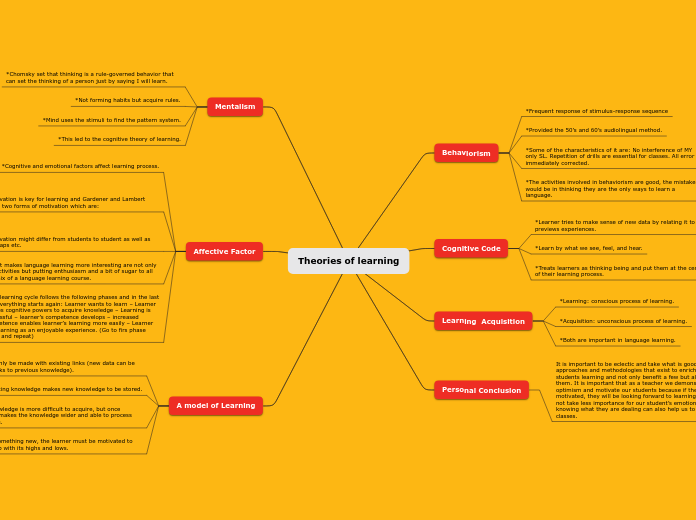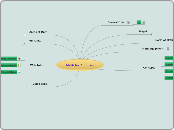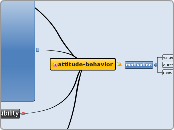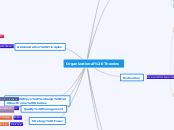jonka Celina Canales 3 vuotta sitten
201
Theories of learning
Various theories of learning emphasize different aspects of the learning process, centering on how individuals acquire, process, and apply new information. Cognitive Code theory treats learners as active thinkers, integrating new data with previous experiences.









